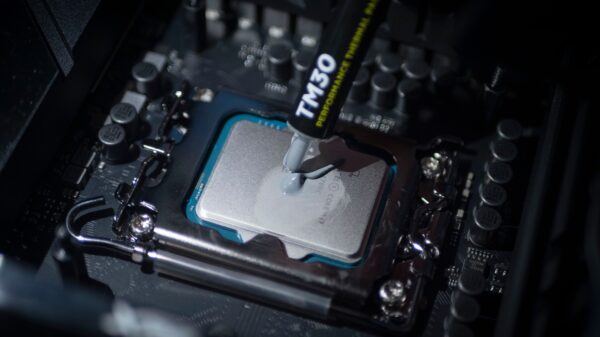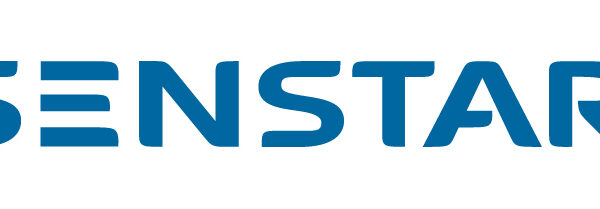The U.S. Environmental Protection Agency (EPA) and the U.S. Small Business Administration (SBA) have announced important revisions to the regulations regarding diesel exhaust fluid (DEF). These changes aim to alleviate sudden power losses in diesel-powered vehicles and equipment, significantly benefiting family farms across the nation. This shift is projected to save these farms approximately $727 million annually by minimizing downtime and repair costs associated with DEF-related issues.
In recent guidance released by the agencies, manufacturers are encouraged to update their software to provide operators with additional time to secure DEF, preventing costly shutdowns. The SBA emphasized that this move will reduce red tape for small businesses, which often struggle with the financial impact of existing regulations. According to SBA Administrator Kelly Loeffler, the revisions represent a victory for the millions of small businesses reliant on diesel engines, which have faced challenges due to stringent regulations.
The new guidelines are set to take effect starting with the model year 2027, requiring that new on-road diesel trucks be designed to prevent abrupt power losses when DEF levels are low. Existing vehicles will benefit from the revised guidance, allowing for software updates without the need for separate approvals, thereby expediting the implementation of solutions across the current fleet.
In a statement, EPA Administrator Lee Zeldin addressed the concerns raised by small businesses regarding the previous DEF system. He acknowledged the detrimental impact on productivity experienced by farmers, truckers, and construction workers when equipment failures occur. “Today, we are responding to those concerns by calling on manufacturers to take action to update their software,” he stated, emphasizing the importance of maintaining operational efficiency in these sectors.
The agricultural sector, which comprises approximately 1.8 million family farms operating nearly 90 percent of U.S. farmland, stands to benefit significantly from these changes. Secretary of Agriculture Brooke L. Rollins praised the collaborative effort between agencies to reduce burdensome regulations. “This common-sense reform will allow our agricultural producers to spend more time in the fields than in the repair shop,” he said, reflecting the administration’s commitment to supporting the agricultural community.
Senator Joni Ernst also expressed her support for the revisions, noting that the previous DEF guidelines had adversely affected farmers and small businesses. “The new guidelines will save family-run farms hundreds of millions every year, but it is also simply common sense,” she stated, highlighting the urgent need for practical solutions.
DEF has played a crucial role in reducing nitrogen oxides from diesel engines since its introduction in 2010. However, when DEF levels drop or sensors malfunction, current systems can lead to drastic slowdowns, sometimes reducing vehicle speeds to a mere five miles per hour. The recent changes aim to maintain emissions reduction goals while preventing disruptive power losses that can stall operations across various industries, including agriculture and construction.
The impact of these regulatory changes is expected to resonate throughout rural economies, providing much-needed financial relief to family farms and small businesses reliant on diesel operations. As the regulatory landscape evolves, the collaboration between the EPA and SBA marks a significant step towards supporting the vital agricultural sector in the United States.




































































